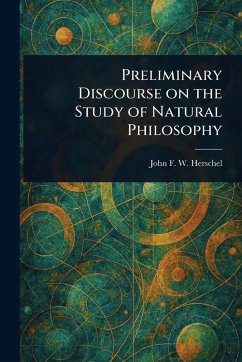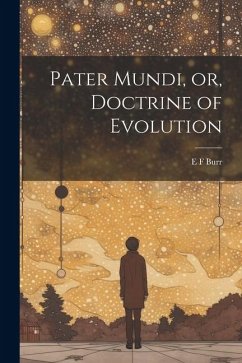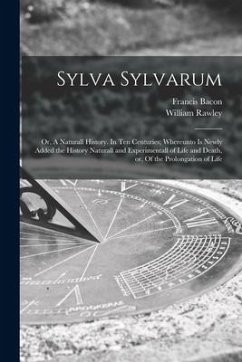
Icarus; or, The Future of Science
Versandkostenfrei!
Versandfertig in über 4 Wochen
14,99 €
inkl. MwSt.
Weitere Ausgaben:

PAYBACK Punkte
7 °P sammeln!
Bertrand Russell's "Icarus, or The Future of Science," delves into the complex relationship between science, technology, and society. Originally published in the early 20th century, this thought-provoking essay explores the potential impact of scientific progress on the future. Russell examines the ethical considerations that arise as technology advances, questioning the role of science in shaping the state and its influence on human values. A powerful exploration of science and its potential consequences, "Icarus" remains strikingly relevant today. Russell's analysis offers a historical persp...
Bertrand Russell's "Icarus, or The Future of Science," delves into the complex relationship between science, technology, and society. Originally published in the early 20th century, this thought-provoking essay explores the potential impact of scientific progress on the future. Russell examines the ethical considerations that arise as technology advances, questioning the role of science in shaping the state and its influence on human values. A powerful exploration of science and its potential consequences, "Icarus" remains strikingly relevant today. Russell's analysis offers a historical perspective on concerns surrounding scientific advancements and their potential impact on individual liberty and societal structures. This meticulously prepared edition presents Russell's enduring insights on the moral and philosophical challenges posed by unchecked scientific ambition. A crucial text for anyone interested in the history of science, philosophy, and the ongoing debate about the ethics of technological development. This work has been selected by scholars as being culturally important, and is part of the knowledge base of civilization as we know it. This work is in the public domain in the United States of America, and possibly other nations. Within the United States, you may freely copy and distribute this work, as no entity (individual or corporate) has a copyright on the body of the work. Scholars believe, and we concur, that this work is important enough to be preserved, reproduced, and made generally available to the public. We appreciate your support of the preservation process, and thank you for being an important part of keeping this knowledge alive and relevant.















![Ancient Science, or, Secrets of Pyramids, Walls and Temples [microform]: to Which is Added a Short Review of Piazzi Smyth's, Our Inheritance in the Gr Cover Ancient Science, or, Secrets of Pyramids, Walls and Temples [microform]: to Which is Added a Short Review of Piazzi Smyth's, Our Inheritance in the Gr](https://bilder.buecher.de/produkte/65/65640/65640612n.jpg)